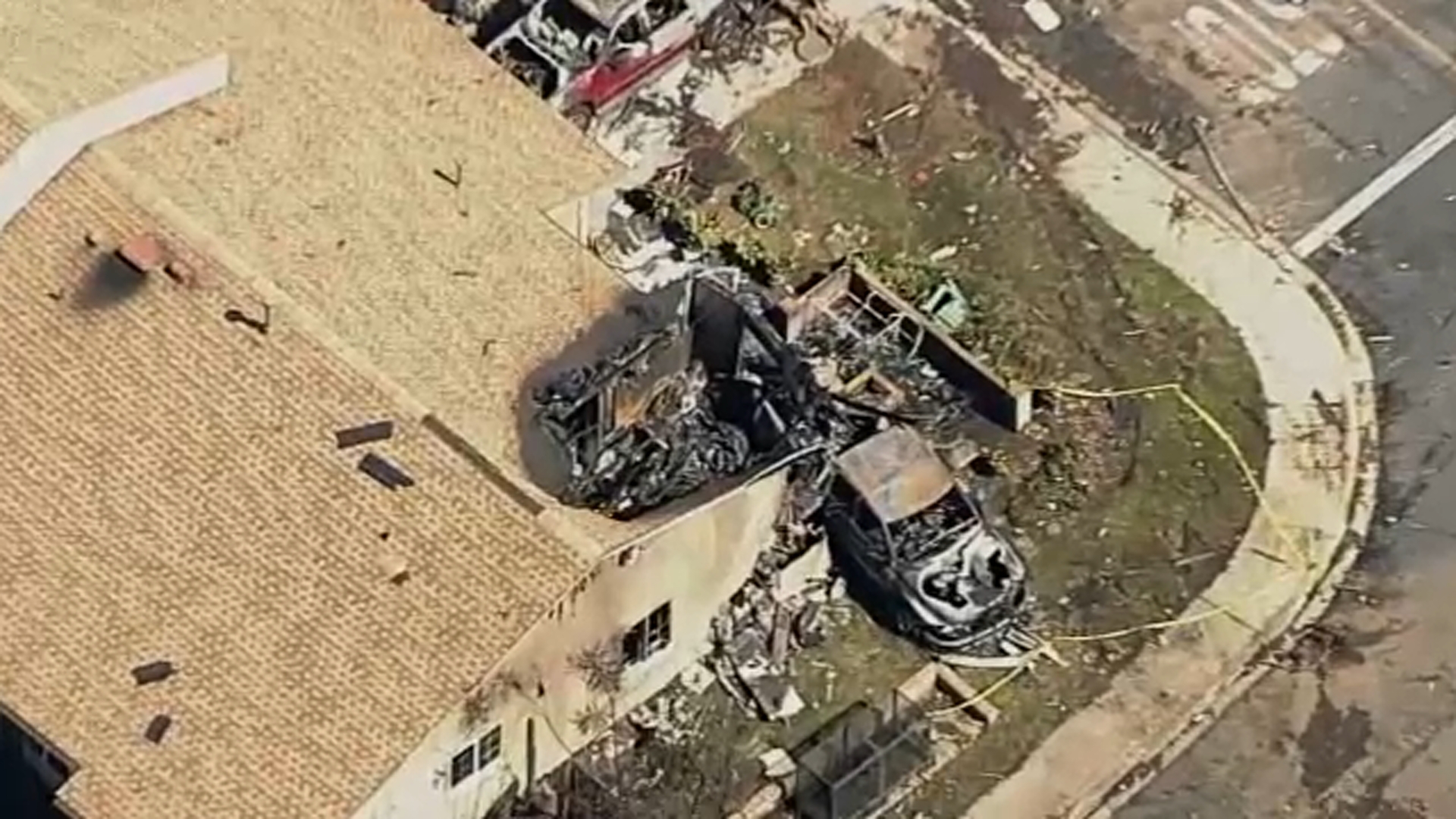LA County launches residential soil testing program in Eaton Fire zone
ALTADENA, Calif. (CNS) -- The Los Angeles County Department of Public Health began a residential soil testing program in neighborhoods near the Eaton Fire to better assess the levels of lead potentially in the ground.
Earlier testing by the agency found levels of lead above health screening thresholds in the soil at properties downwind from the Eaton Fire. In response, the county Board of Supervisors voted last month to allocate $3 million to a more robust testing program for affected residents.
Under the program, which will continue through December, residents will be provided with instructions on how to collect soil samples from their yards and drop them off at a One Stop Permit Center at 464 W. Woodbury Road, suite 210, in Altadena between 8 a.m. and 4:30 p.m. weekdays.
The samples will be picked up by certified labs, and residents will receive results within a week to 10 days, with a link to a website that will help residents interpret the results.
"Los Angeles County is committed to being responsive to the needs of our residents impacted by the Eaton Fire, which is why we're providing soil testing resources and support to ensure residents can make informed decisions about their health," Los Angeles County Board of Supervisors Chair Kathryn Barger said in a statement. "The Department of Public Health's soil testing program is free, convenient and will provide concerned residents accurate information about the environmental health of their soil."
Roughly 26,000 homes in areas with the highest levels of lead-soil concentrations will receive notifications in the mail about the program, and Public Health officials will also conduct door-to-door outreach.
When announcing the results of the initial lead soil testing in April, Department of Public Health officials noted that the source of lead was likely the burning of homes with lead-based paint, which was common prior to 1979. The agency noted that according to Caltech, more than 90% of the homes in Altadena were built before 1975.
The health department said that in all areas with ongoing fire debris, residents are reminded to not inhale, ingest or come into contact with ash, soot, and/or fire debris and to use appropriate personal protective equipment.
"We know how deeply concerned residents are about the safety of their homes and neighborhoods," Barbara Ferrer, director of the county Department of Public Health, said in a statement. "This soil testing program for properties downwind of the Eaton Fire -- where the highest lead levels were found -- is meant to provide accurate, data-driven information for residents to make informed choices to protect their health."











